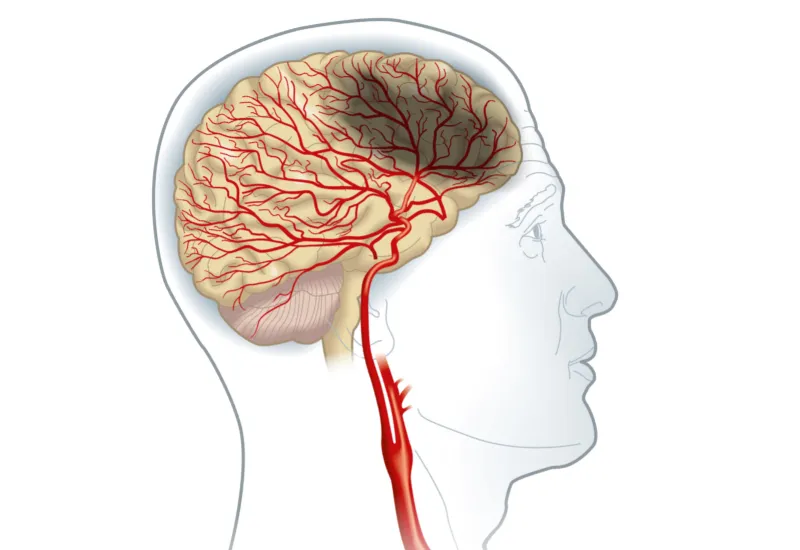Blood clots occur when the composition of a portion of the blood in your body changes from the fluid, watery, gel-like structure to a semi-solid structure. This change in form makes it difficult for the blood to pass through the veins, as it normally would.
Therefore, causing a blockage in the veins and the blood flow. This blockage can prove to be deadly for some people as this blockage can cause the organs to not receive the nourishment that it normally does.
The Effects of a Blood Clot
Blood clotting is a natural and necessary process for the body. In the case of a bruise or a cut you need your blood to clot in otherwise the sheer outflow of blood will prove to be very dangerous and also life-threatening. Therefore, you cannot and should not completely stop blood clotting.
However, there are some times when the blood clots in your veins. And when this happens, the blood clot will not dissolve on its own. This blood clot will then travel through the body causing possible blockages in the blood flow.
A blood clot that is not moving throughout the body may not harm the patient as much, but sometimes blood clots can break off into smaller and more mobile pieces. These pieces can make their way through the body via the veins, possibly reaching the heart and other organs, causing blockages on the way and other health issues.
Blood clots can be found in both the arteries and the veins. The ones formed in the arteries require immediate assistance and emergency care. The arteries take the blood from the heart to the organs, therefore if there is a blood clot formed in them there are chances for paralysis and other complications in the body.
Blood clots formed in the veins in comparison are formed over a slow period of time but require assistance nonetheless. Blood clots can cause extreme shooting pains in a concentrated part of the body, they can in some cases lead to heart strokes, heart attacks, and also death.
According to research done by doctors, the most common area in the body for a blood clot to form are the lower legs. A blood clot formed in a person’s arms or legs comes with its own set of signs and symptoms. These symptoms include swelling, sharp shooting pains, discolouration, and a form of tenderness. The severity of the symptoms will depend on the size of the clot.
Blood clots can also be caused in other organs such as the heart, this might lead to a heart attack or a stroke. Clots formed in the stomach may be caused because of food poisoning and may lead to swelling in the abdomen.
Clots formed in the lungs however are known as pulmonary embolisms and this may lead to further shortness of breath, coughing up blood, and even chest pains.
Therefore, the symptoms of the blood clot will depend not only on the size and the severity of the clot but also of the location.
Treatment of Blood Clots
The risk factors of someone developing a blood clot increase after a major surgery and also increase with age. Moreover, lengthy travels on an aeroplane especially increase the risk factors.
Furthermore, a family history of developing blood clots is also very important and the deeper and richer the family history the higher the chances of someone developing a blood clot.
Therefore, keeping these factors in mind if you sense a sharp shooting pain in one part of your body it is recommended that you consult a doctor as soon as possible. The vein Specialist may therefore recommend that you get some tests done such as an ultrasound to get a clearer picture of what is going on in your body.
Blood clots can very easily remain undiagnosed so please consult a doctor when you feel you have shown symptoms.












